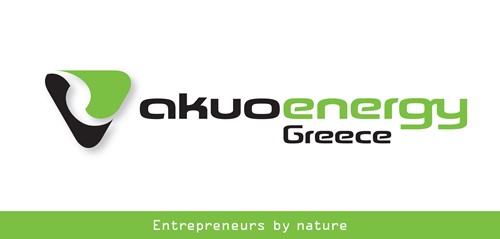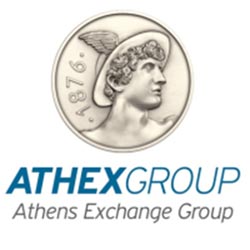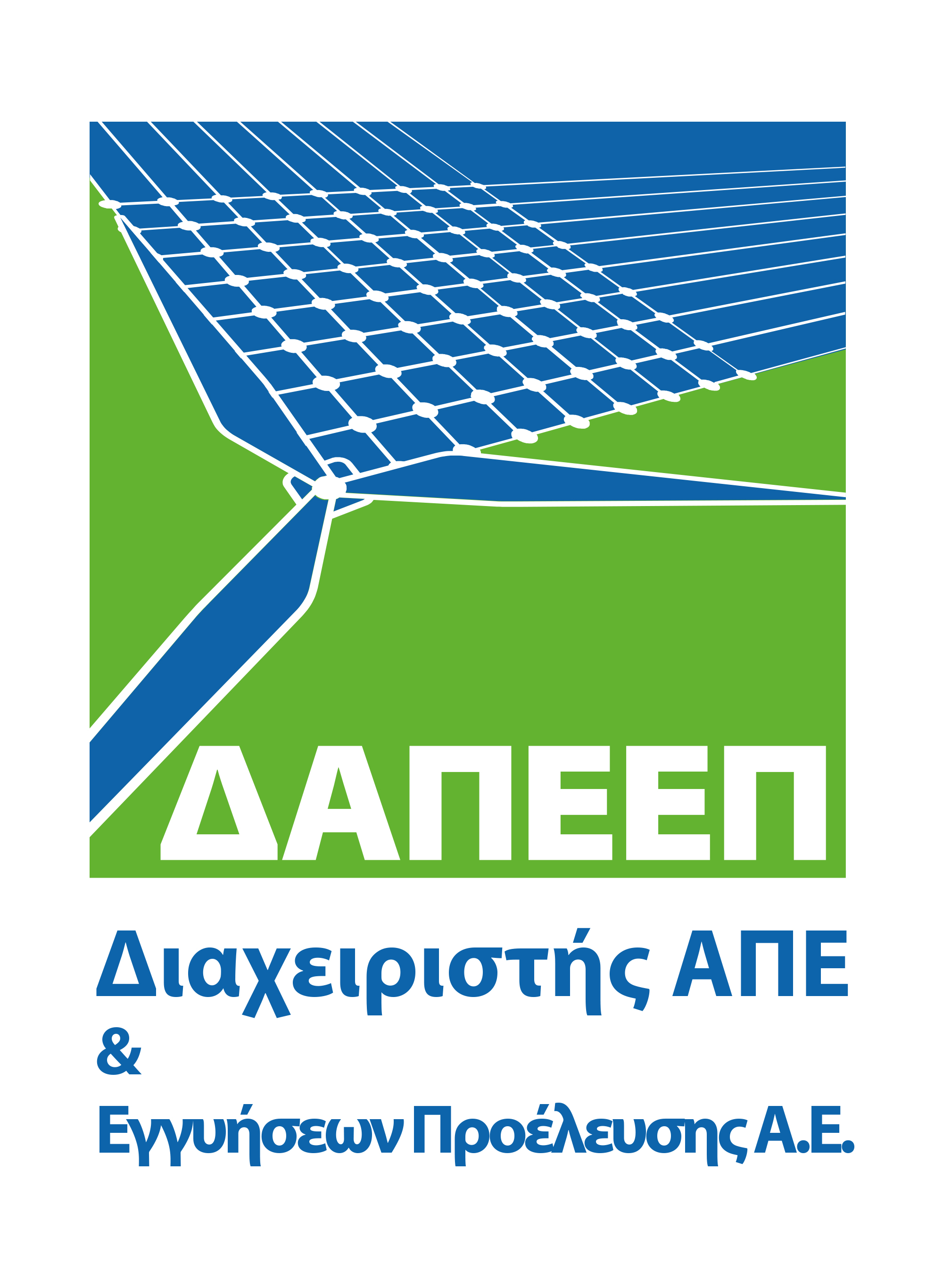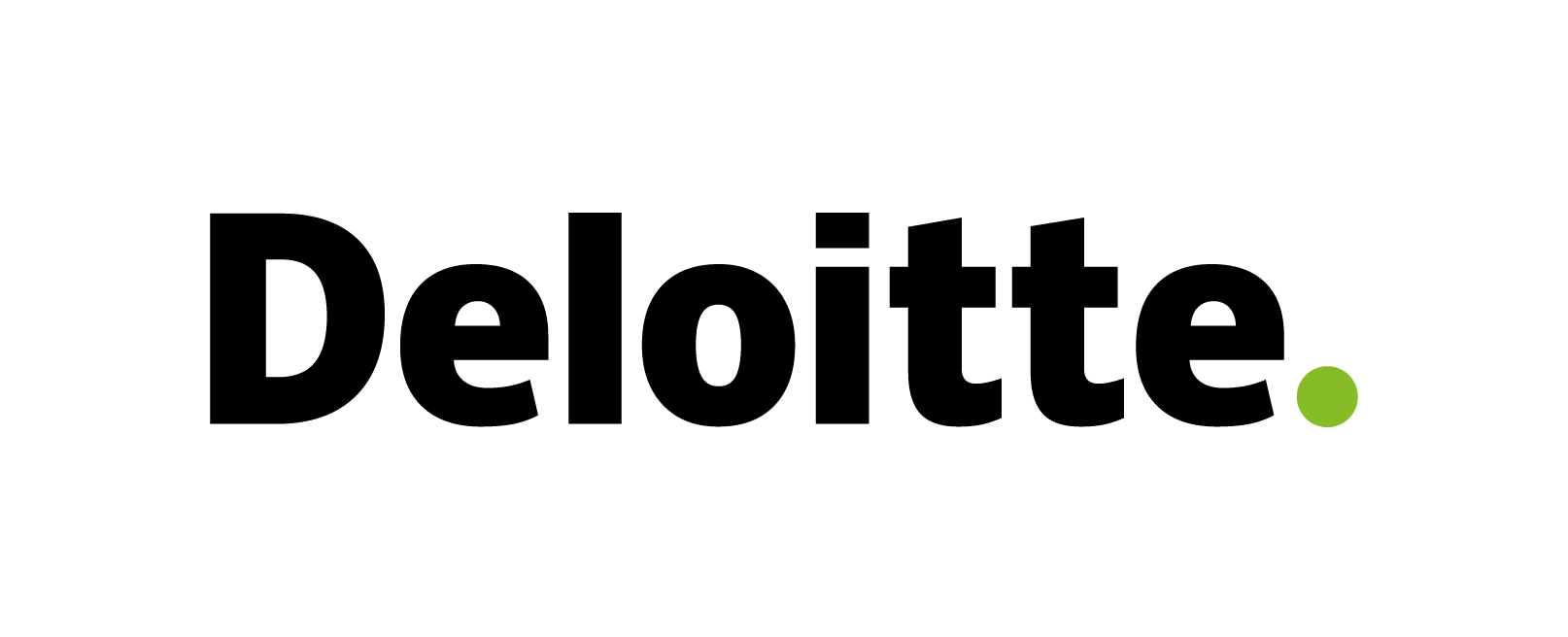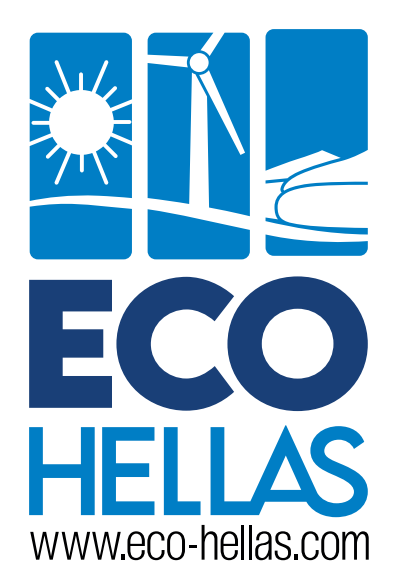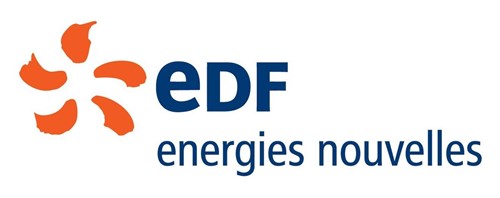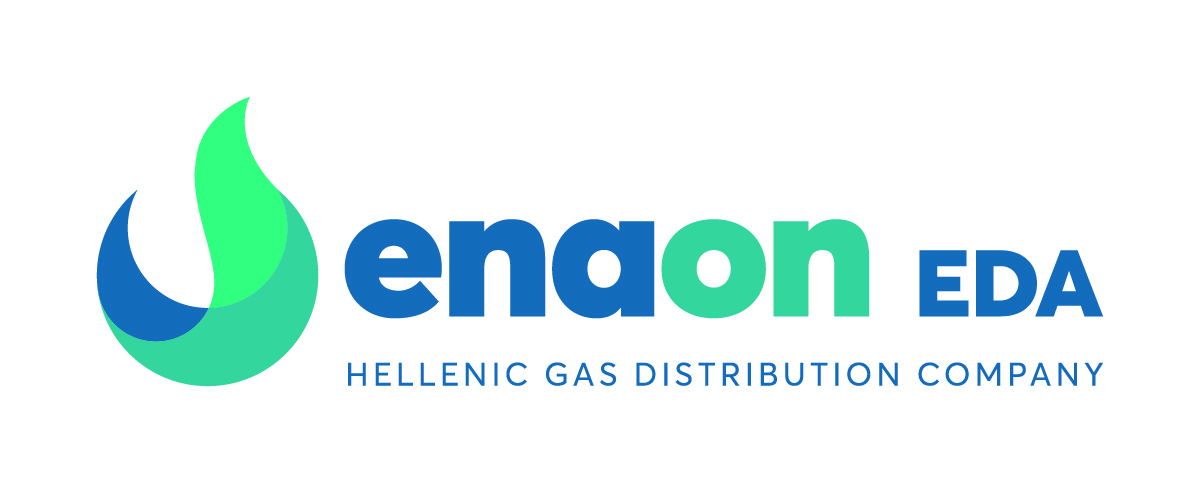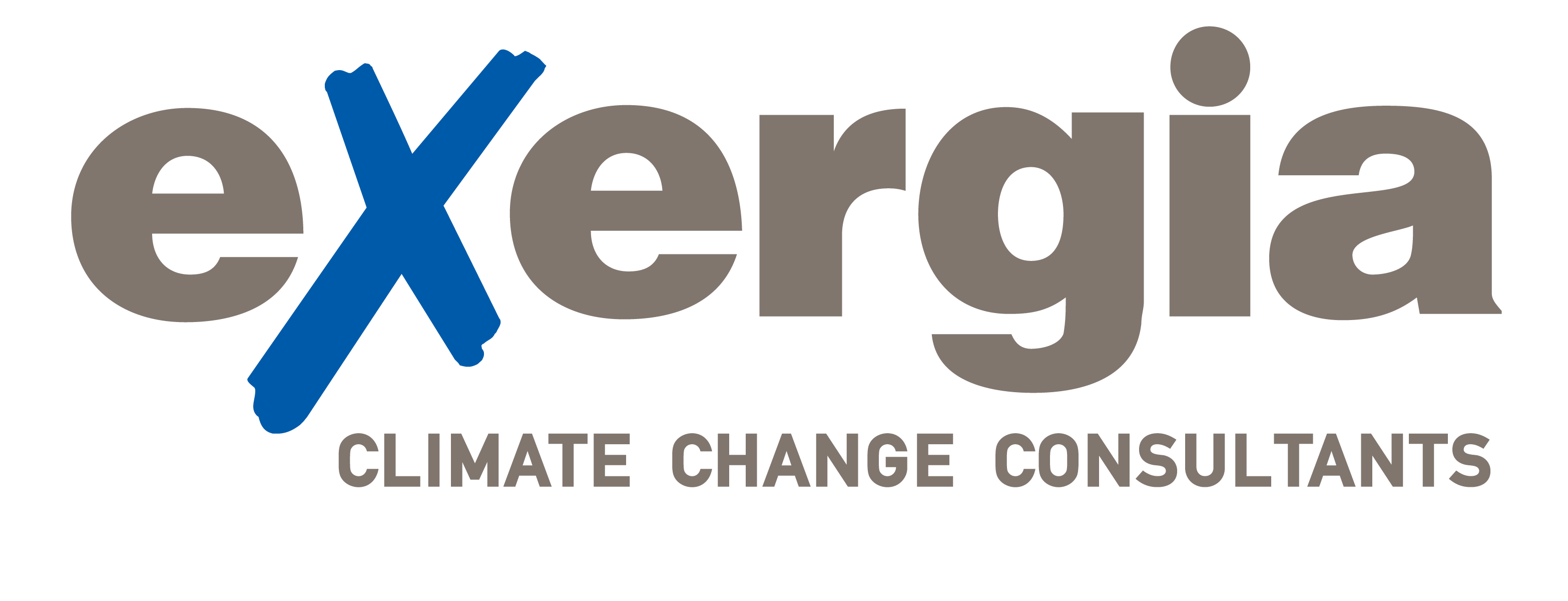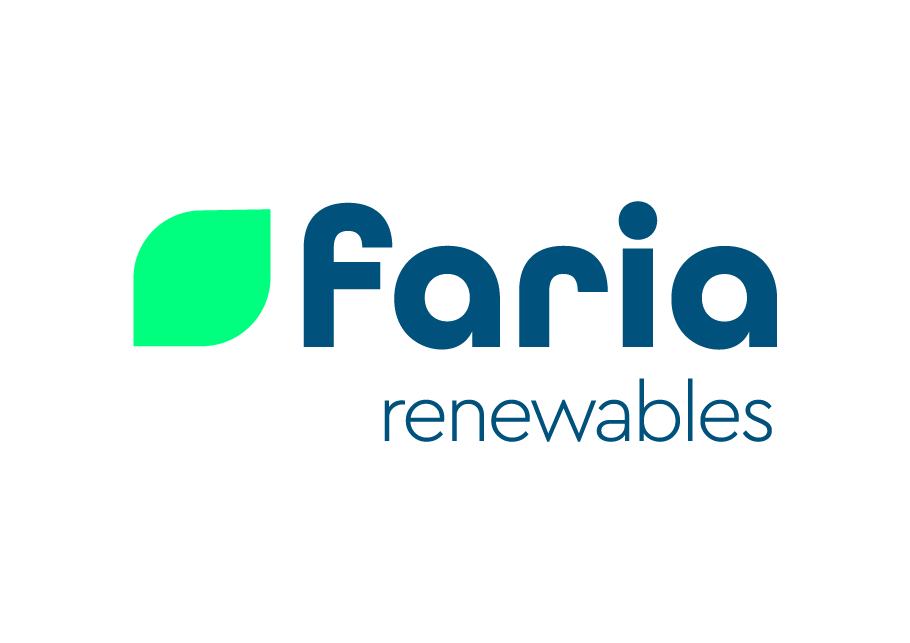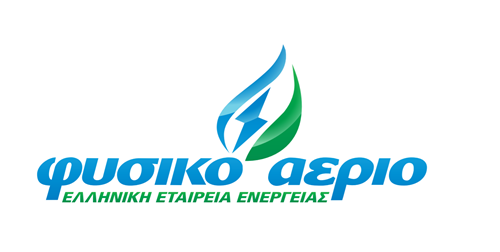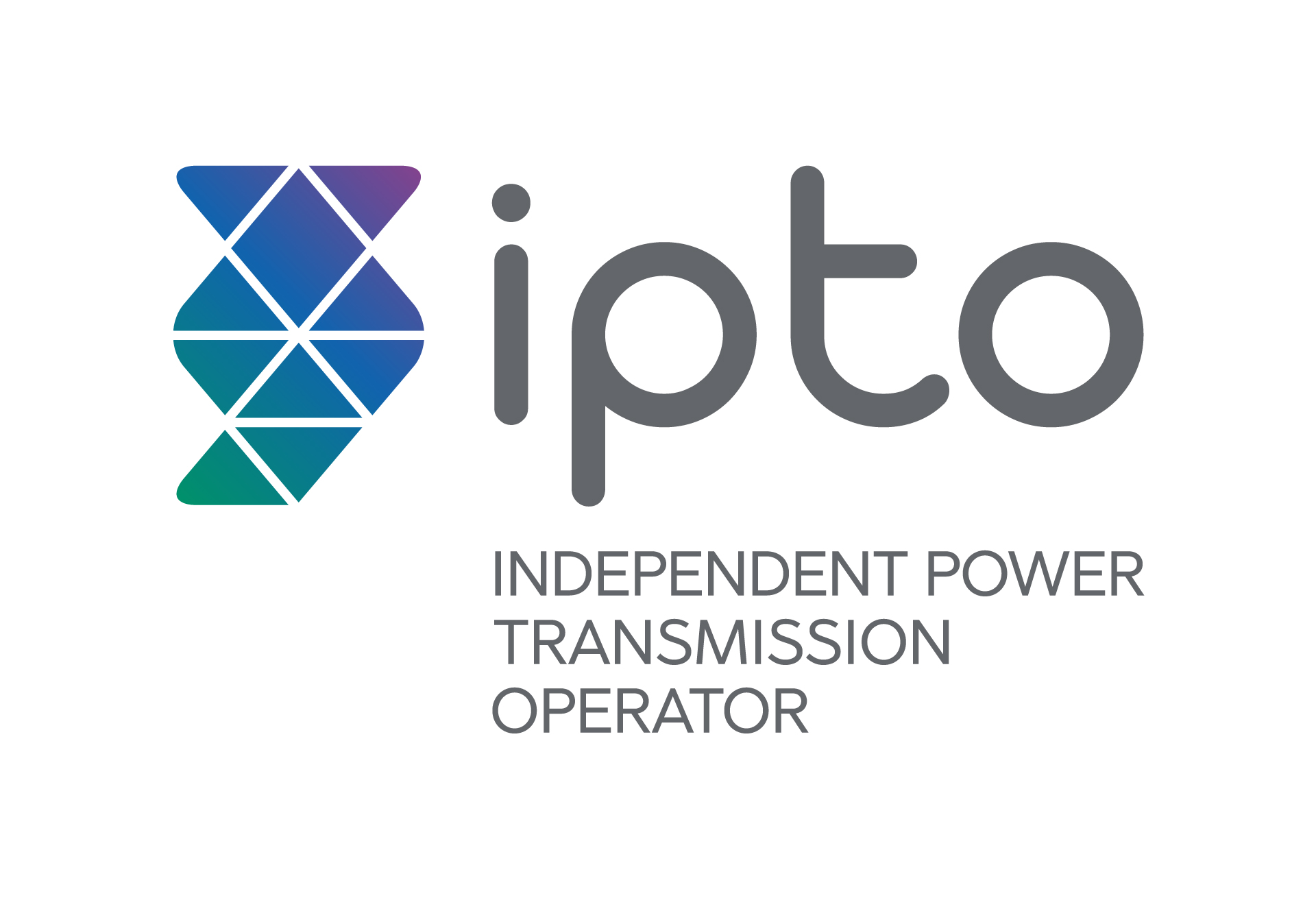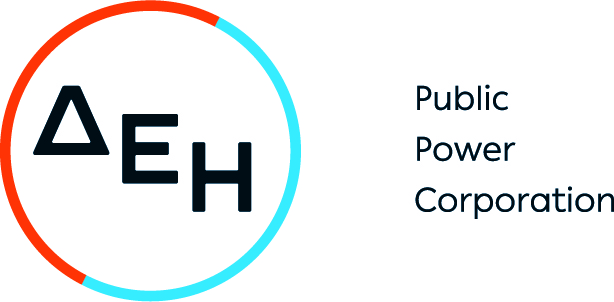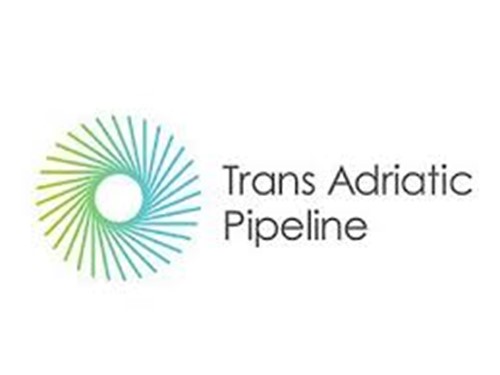Highlights
- Power demand falls 14% in April
- PPC improves bill collection in April
- High losses for PPC in 2019, but a positive reversal in Q4
- DESFA's approved ten-year plan leaves out virtual LNG pipelines
- Mitsotakis: Eco-friendly prosperity a top priority for this government
Editorial: Rearrangements in the energy market as a result of the coronavirus
It is currently unknown how long the coronavirus crisis will last, but most agree that it will lead to long term effects and rearrangements in the energy market.
An obvious example is current events in the oil sector. On one hand, the drop of WTI to negative figures is a sign for the unprecedented shock that the sector experiences. Moreover, we should consider that cost and investment cutting taking place right now by oil companies to withstand the crisis, will translate to a loss of production in a few years with repercussions for the prices as well.
Another example is renewables, which are faced with positive and negative effects as a result of the coronavirus. On one hand, the low prices of fossil fuels make them more competitive to clean energy solutions, but on the other hand, many global bodies and organizations believe that groups with high renewables investments will fare better in the crisis.
Perhaps the most crucial question for the energy sector is how demand will proceed from now on, as several economies, including Greece, are attempting to carefully reopen. It makes a lot of difference for the energy sector whether the crisis will only last a few months or whether it will continue in autumn, while energy groups must take very hard decisions at the moment with a high degree of uncertainty.
Power demand falls 14% in April
Electricity demand in Greece was reduced by an unprecedented 14 percent in April, according to operator IPTO's data.
The reason was the effect of the coronavirus and corresponding preventive measures that reduced industrial activity and operations across the economy.
In March, electricity demand was down by 1.8 percent compared to the equivalent month a year earlier.
PPC improves bill collection in April
PPC managed to improve its bills collection in April, since there was a 10% drop, which is better than the 20-25% drop estimated for the month of March.
According to latest unofficial data, PPC's measures to withstand the coronavirus crisis seem to have partly paid off. At the same time, PPC introduced easier payment through its telephone and internet services.
PPC's collection is significant for the entire market, since it affects the company's ability to pay other suppliers and participants in the market.
High losses for PPC in 2019, but a positive reversal in Q4
PPC announced record losses for 2019, but with a significant improvement during Q4, where the company made a profit.
According to PPC's announcement:
Group EBITDA for 2019 was positively impacted by the rebate of € 99.3 m. from the surplus created in the Special Account for Renewables, by the reduction by € 243.4 m of the liability for post-retirement benefits, as well as by the settlement of a total amount of € 122.6 m for PSOs for previous years (collection of € 194.7 for the period 2007-2011 and negative impact by € 72.1 m. for 2017).
Excluding abovementioned amounts, recurring EBITDA settles at € 333.6 m. For comparability reasons, EBITDA for 2018 is adjusted at € 403.8 m.
The deterioration of recurring EBITDA for the full year is primarily attributed to higher expense for the purchase of CO2 emission rights driven by the significant increase of prices, which more than doubled, as well as to the negative impact on energy purchases cost by increased System Marginal Price.
On the other hand, EBITDA was positively impacted by the partial recovery of the higher expense for the purchase of CO2 emission rights through the CO2 clause in Medium and High Voltage tariffs as well as the measures taken since August 2019 and the cost containment efforts of the Company.
According to the International Financial Reporting Standards (IFRS), the Group and the Parent Company have selected since the listing in the Stock Exchange to value their fixed assets on their fair values. Said appraisal is performed periodically, every three to five years. Results of the previous appraisal were recorded in the 2014 annual financial statements. Consequently, in 2019, an independent firm was assigned for the appraisal of the Group’s property, plant and equipment at December 31, 2019 fair values.
As a result of the appraisal, a total net increase of the fixed assets value of the Group by € 1,261 m was recorded, which based on IFRS had a direct impact on equity, while at the same time, as a result of the appraisal and the negative value arising from lignite assets, an additional devaluation of assets by € 2,098.8 m was recorded which negatively affected pre tax profits. The amount of € 2,098.8 m includes among other the provision for the dismantling of power plants and mines as well as the full restoration of the land in the mines once the facilities cease to operate. All the above amounts do not have a cash flow effect.
Adjusted pre - tax losses for 2019 amounted to € 424.4 m compared to adjusted pre - tax losses of € 347.3 m in 2018.
It is noted that starting from Q4 2019, there has been a reversal of the trend, since it is the first quarter that fully incorporates the positive impact from measures taken, with recurring EBITDA amounting to € 236.8 m compared to € 44.7 m in Q4 2018. Adjusted pre-tax profits amounted to € 26.9 m. compared to pre-tax losses of € 131.6 m. last year.
DESFA's approved ten-year plan leaves out virtual LNG pipelines
Gas grid operator DESFA’s ten-year development plan was approved by the Regulatory Authority for Energy, following a consultation procedure.
The notable change compared to the draft, was that a virtual pipeline proposal envisioning LNG supply to Crete, the north Aegean islands and the Dodecanese via tankers from the operator’s Revythoussa terminal just off Athens was left out of the approved plan.
LNG virtual pipelines serve as a substitute for conventional gas pipelines to enable the transport of LNG to points of use by sea, road or a combination of these.
Mitsotakis: Eco-friendly prosperity a top priority for this government
Prime Minister Kyriakos Mitsotakis reiterated in parliament that economic growth in the 21st century must act in step with the protection of the environment.
According to AMMNA, he noted that the opponent of both growth and environmental protection is often one and the same, namely phobic bureaucracy.
"Eco-friendly prosperity is a top priority for this government. The future of our country is fully connected with our ability to protect and utilise our unique natural and cultural environment," he said and added:
"Greece, especially under the current circumstances, is called upon to intensify its efforts to manage the great crisis of climate change."
"Who can deny that these problems are dramatic shortcomings for a modern European state?" the prime minister asked, and pointed out that the bill stipulates that "the stages for examining and the time taken to issue environmental permits are in line with what applies in Europe."
Mitsotakis referred to the criticism of the opposition, saying: "I am trying to understand whether there is any real disagreement in principle with the regulations promoted by the government."
"When criticising, I would like us not to think of Greece as a special case. Let the opposition indicate to us which European countries do things differently when it comes to licensing," he stressed and added:
"In our opinion, these policies are great opportunities that are already being exploited. We have achieved the 2020 targets for reducing greenhouse gas emissions, objectives for the further penetration of renewable energy sources. We are organising the phasing out of large lignite plants earlier and more methodically than more powerful states, such as Germany; also a fundamental, comprehensive protection of the natural environment by restructuring all the agencies put in charge of this task, with a final clarification of the status of Natura areas and new forest maps."
Noting that the environmental management bodies had been proved ineffective, as they did not have the appropriate means and coordination, he announced: "That is why we are launching the creation of an organisation of natural environment and climate change."



